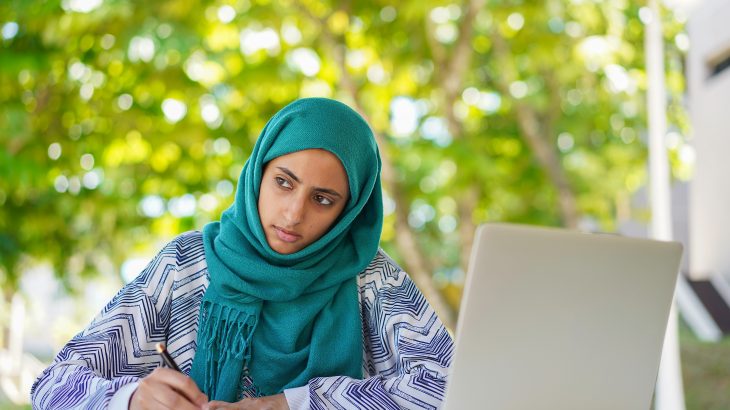Celebrate School Choice, Including Public School
It seems obvious that children, parents, and communities need a variety of educational choices. After all, children and families encounter different needs at different times. Real choice means an opportunity for any child to be unschooled, homeschooled, or attend a private school, traditional public school, or charter school.
Trash Talking Public School Goes Nowhere
Recent trends in social media seem bent on trashing public schools, which does exactly nothing to address the inequities inherent in the educational system. Of course, there are bad teachers (and incredibly wonderful teachers!). But bad parents and good parents exist as well. Also, private schools can be horrible or great.
In reality, most schools land somewhere in between. Painting all schools of any kind with one brush misses the point, which is providing real educational choices for children and parents. Where there’s a real choice, parents or kids can choose an education that fits the need. Most importantly, they can change if the current situation isn’t healthy for the child.
Mandatory Education is a Double-Edged Sword
Perhaps much of the backlash against public school stems from laws that require parents to provide education for their children. The intent behind mandatory schooling law makes sense — all children should have access to education, regardless of economic level, ethnicity, language, neurodiversity, or IQ! But, BUT, when the law is interpreted to mean all children must attend public school, tempers flare and people fight: Children’s Rights! Freedom! Parent Rights! School Funding! Better Public School! No Public School!
Education Might Not Look Like a Public School Classroom
Sadly, a lot of people think education means rows of desks, lots of paperwork, and routine testing to see if it’s “working.” This naturally causes consternation from parents like Tiersa McQueen, @tiersaj, who provide a rich intellectual environment in an unschooling format. I don’t think we need to test children every year to provide accountability for parents. Testing fails to accurately reflect learning of multiple kinds. Nor do parents need a state-mandated curriculum to follow. If they wanted that curriculum, they could send the children to public school!
But What About Kids Raised by Wolves?
A few years ago I tutored a twelve-year-old girl who had literally been raised in the forest. Home was a broken-down van. The only thing her parents taught her was how to hitchhike to town and shoplift food and clothes. She couldn’t read and had never encountered written math. When Social Services picked her up after her parents went to jail, she was terrified. These children do exist, unfortunately. Over the next year, I worked with her amazing foster mom and her outstanding public school teacher to help her integrate into school. It was rough but she was tough. And she liked having a warm bed and good food.
The school agreed, after some negotiation, not to issue grades for her for that year. By the end of the year, she was reading and doing math at about 3rd-grade level. The next year she jumped to 6th-grade level. Then she went to the high school, encountered less compassionate teachers and administration, and dropped out. I still see her around town and speak with her. She’s working full time, paying her own rent, and continuing to educate herself at the public library.
Public School Could Look a Lot Different
I’d like to see small public schools in every neighborhood. These would serve 10 -15 students, K-12, led by one educator, and perhaps an aide. All students would be on individualized courses of study designed around their interests and needs. Every student would be able to walk to school, and would have the option to walk a little further and go to a different school if desired. There would be no grades. There might be certificates of mastery for various subjects if parents or students felt a need for such. These tiny schools could be set up in houses, storefronts, office buildings, or community centers. Radical? Maybe, but it would certainly increase school choice!
by Yvonna Graham, M.Ed.
@GrahamYvonna
Audiobooks are a great way to enrich your child’s education! Librivox is free and has classics read by volunteers, Audible costs $15/mo for professional readers and newer releases, and don’t forget the public library!
